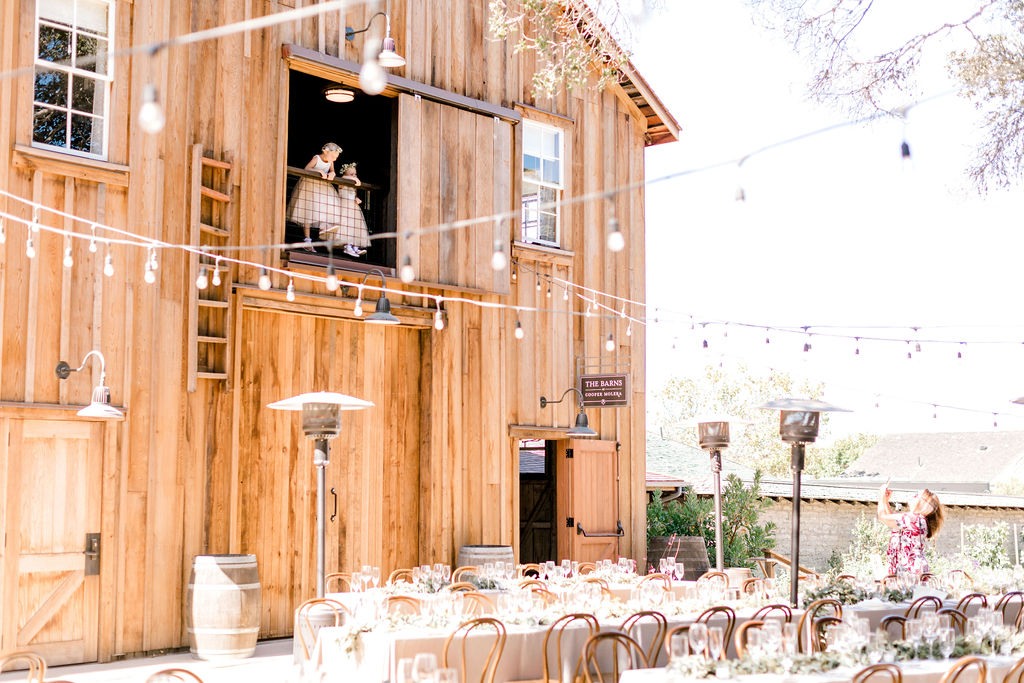How to plan a wedding like a Pro – Part One!
First things first: congrats on your engagement! You are about to embark on an incredible journey. While planning a wedding has its share of ups and downs, it is also amazing and should be full of fun and creativity. Sure, it can also be a huge point of stress and anxiety for many couples, but it shouldn’t be and doesn’t have to be. In the end, your wedding and engagement should be memorable, fun, and exciting. That’s why I have decided to write this mini-series of posts: I want to share with you all the knowledge, tips, and secrets I have learned over the years planning countless weddings.
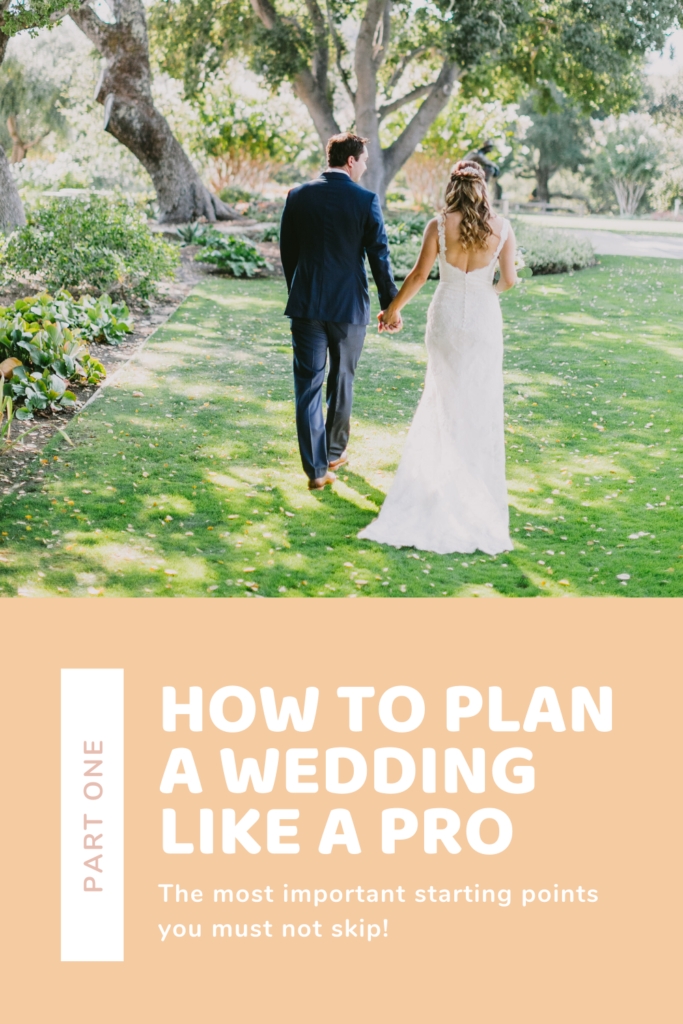
My goal is to help you in the exact same way that I help my planning clients navigate the roller coaster world of wedding planning.
First, let’s talk about the essentials and basics you need to consider BEFORE you start planning a single detail. I stress the word before because, understandably, most couples are super excited about their upcoming wedding and begin focusing on the major and often fun parts of planning a wedding, the dream venue, the flowers, the dress, the details, etc.
The problem is, approaching your wedding like this often leads to the difficult decisions and sacrifices that end up causing you stress. However, I promise that taking a step back and focusing on the below areas first will make your wedding planning life so much easier.
To start, I will ask you the same basic questions I ask every single full planning client PRIOR to starting any work on the actual planning:
-
How many people are on your guest list?
-
What is your budget? Or better yet a budget range
-
What are your three biggest priorities or wish list items?
Why is it so important to answer these three questions prior to booking a single thing? Let’s go through each question and why it is so important in more detail:
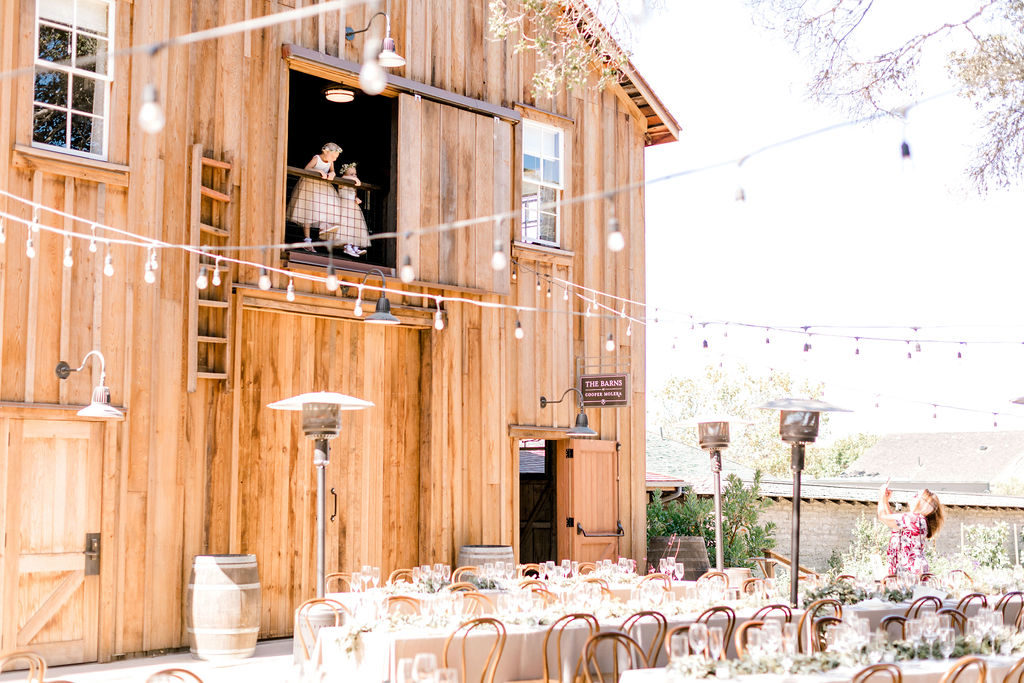
Barkis Co Photography – The Barns at Cooper Molera
Guest Count
- It is simply impossible to get a clear, realistic picture of your wedding without a guest count. Your guest count will determine and dictate every element of your wedding.
- The biggest check you will write for your wedding is for food and beverage. Your wedding is a celebration, and a huge part of making that celebration fun and memorable for all your guests includes serving a meal and drinks. Therefore, your guest count DIRECTLY determines how much you spend on food and beverage. (I will touch on other essentials like chairs and tables later in the section on your budget.)
- The number of guests you invite also dictates your venue. If you book a venue that cannot accommodate all of your guests you are in big trouble. Conversely, if you book a venue that is way too big for your guests count, you will have to spend more money to “fill the space” as we say. This is a very wasteful way to spend your wedding funds.
- Most venues and catering teams have food and beverage minimums. You need to know if you can safely meet the minimum. If not, move on.
- If you are planning a retreat style wedding you need to ensure that you can comfortably accommodate your guests staying on property with you for the entire retreat weekend:
– Are you supplementing the cost of their accommodations or will they be paying in full for them? - Be aware that many resources will tell you that you can expect 15-20% of your invite list to not attend. However, BE AWARE that people love to make a vacation out of a great destination wedding. For example, here in the Monterey Bay area it’s not uncommon to see attendance rates of 85-90% because it is a hugely popular area!
- Also, keep in mind that if the majority of your guests live within a 6 hour drive of your destination you can expect higher attendance.
- Skip courtesy invites. It is better to just forego the invite if it is just a courtesy! And if you do for some reason still send out courtesy invites, then to be safe you need to plan as if they will attend. I suggest creating an A list and a B list and ask that your families do the same. Guest lists tend to grow massively when you start writing them down, and this is a great way to manage your list.
- The size of your wedding party is a huge factor in wedding costs. If you have a wedding party made up of 4 ladies it will cost a lot less than a wedding party of 10. For example, hair, makeup, dresses, and bouquets are all costs associated with the number of people in your wedding party, even if you aren’t paying all of the costs. The average bridesmaid bouquet costs $100-175 so the math is clear: there is a big difference between a few maids and a bunch of maids just wrapped up in flowers alone! Also, think about the cost of a rehearsal dinner…. A bigger wedding party means more money spent on a rehearsal dinner
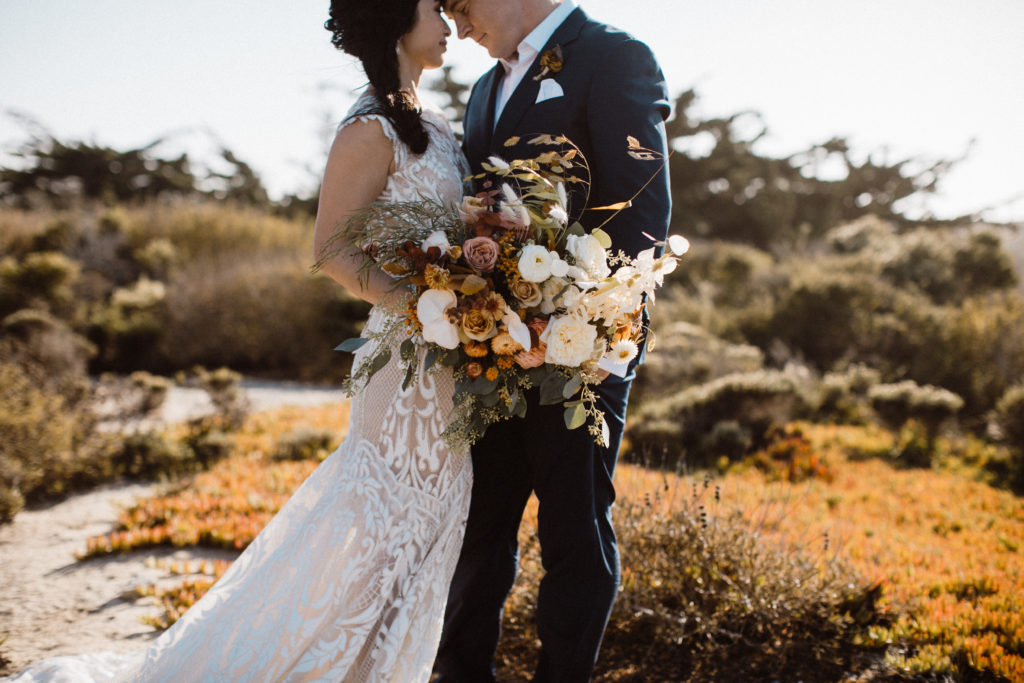
Sun and Life Photography
Budget
- Couples often give me a budget they believe to be accurate. However, as I start working with them in the planning process and working out the details that original budget always evolves. A good way to prepare for this is to have a number that you are “comfortable” with as a budget while also having a number that is your scary, “good gosh no way that’s going to happen” number. You need to know both of those numbers, and if parents or family is involved, you need to know what numbers they have in mind. In my experience it’s very common for the various parties involved in the planning to have very different numbers associated with the budget. Once you understand what type of budget you can work with it is much easier to understand what it may take to get the wedding you are envisioning.
- Forget the old fashion rules of the past. There are no rules about who pays for a wedding. Many couples contribute to their own wedding or pay for it outright. Some couples have both sets of parents contribute to the wedding or wedding weekend. Whatever your situation may be, it is so important to know what each party is comfortable with contributing, and if there are stipulations attached, money always has stipulations attached, so have that conversation now!
- It is important to understand the difference between a price per person budget and a total budget and to look at both when planning a wedding. Think about it like this: a budget of $100,000 looks HUGELY different for a 60 person wedding than it does for a 200 person wedding. This might seem obvious; however I promise you it is often overlooked. Considering your overall budget and the price per person is a way to make sure you are making the most of your budget. This should be motivation for you to decrease your guest list!
- Your budget and the price per person should help you narrow down all of your venue and food and beverage options. (whether it is a venue that includes F&B or not you need to factor both in at the front end). Make sure you have realistic numbers attached to things like food and beverage. Typically, I see F&B averaging somewhere around $175-300/person. Yes, that is a big range but look at the starting number – if you are budgeting a $60-70/person meal you are way off. Remember there will be taxes, gratuity, fees, rentals, and other costs associated that all add up and affect the price of your F&B. Also, look at all of your options and don’t write anything off without considering it. As an example, a plated meal is not always more expensive than a buffet meal, and oftentimes a family style meal can be the most expensive.
- Food and beverage should be your biggest cost. Many couples want to spend a small fortune on the venue but are not willing to provide a proper meal and level of service to match that venue. If you want a black tie affair you can not have food trucks and no wait staff at your wedding! This happens to be one of my biggest problems with wedding planning. I don’t understand wanting a breathtaking venue but not being willing to give your loved ones and guests a comfortable and elevated experience. Part of why you hire someone like me is to be honest and tell you when you are being unreasonable. Let me be clear, taking this route is unreasonable!
- Remember your guest count directly affects all variable budget costs (A variable budget items is something that changes as your guest count increases or decreases). F&B, rentals, linens, flowers/centerpieces, chairs, tables, transportation, accomodations, desserts, stationary, and staffing are all examples of variable budget costs. All of these will either go up if you have more guests, and down if you have less. Also, keep in mind that while some costs may be fixed costs (not affected by guest count), they are still hugely important; photo/video, entertainment are good examples. While these costs are not tied to guests count they may be hugely important to you and worth the splurge.
Priorities
- It’s important to set priorities for what you want out of your wedding. It is also important to revisit these priorities throughout the planning process. If you are ever in a bind or having trouble trying to decide what is worth your dollars and what is not, you should always review your priorities. If something is really expensive but doesn’t line up with what you believe is important, then it’s probably not worth it. That money would be better spent on something more meaningful.
- During this process the importance of teamwork and understanding between you and your fiance is paramount. Sit down and really think about what is important to you as a couple, then list your priorities. Some things will be the same, but some things will not. That is perfectly normal and ok, as long as you both are on the same page and working toward the same goal.
- Priorities will help you set boundaries with people during the planning process.
- Make sure to write down and record these priorities, then be sure to discuss them with the people financially invested in your wedding. In weddings, like everything in life, issues commonly arise when priorities are not aligned.
As I said before, all weddings should start with the above. Focus on the basics first and you will be on the right track to successfully planning your wedding. By understanding these basics, you will be much better prepared when it comes time to make the big, expensive decisions, since all big decisions are driven by these three things.
Next week, we will get into what it takes to create a budget. We will discuss what questions to ask yourself, what you can realistically expect to pay for your wedding, and how to be prepared for unexpected costs.
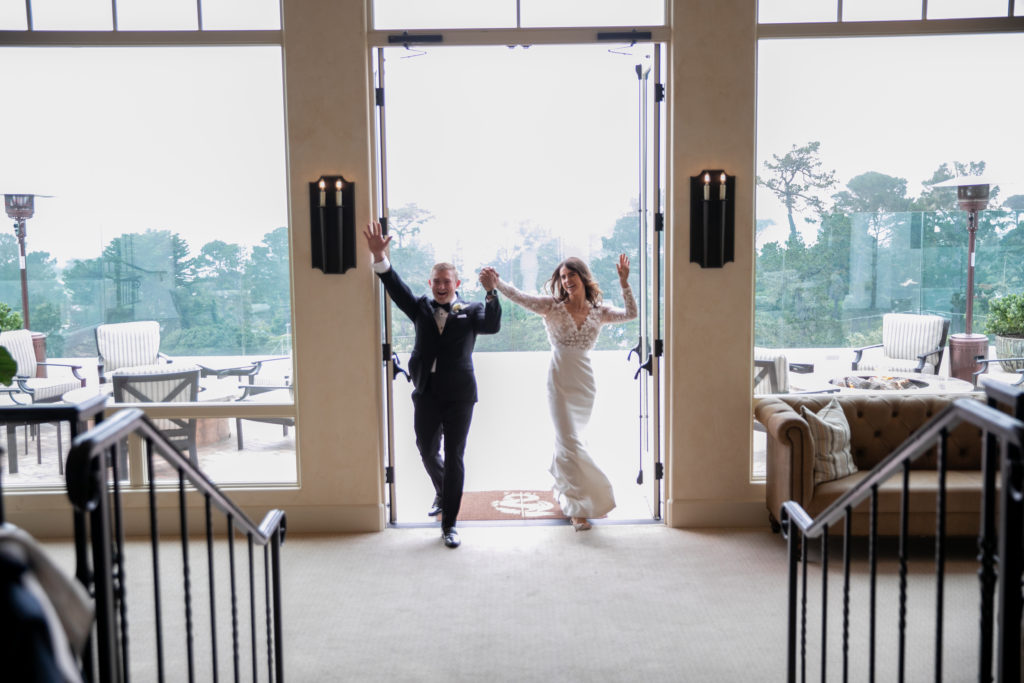
Nikki Ryan Photography from Monterey Peninsula Country Club wedding in Pebble Beach
